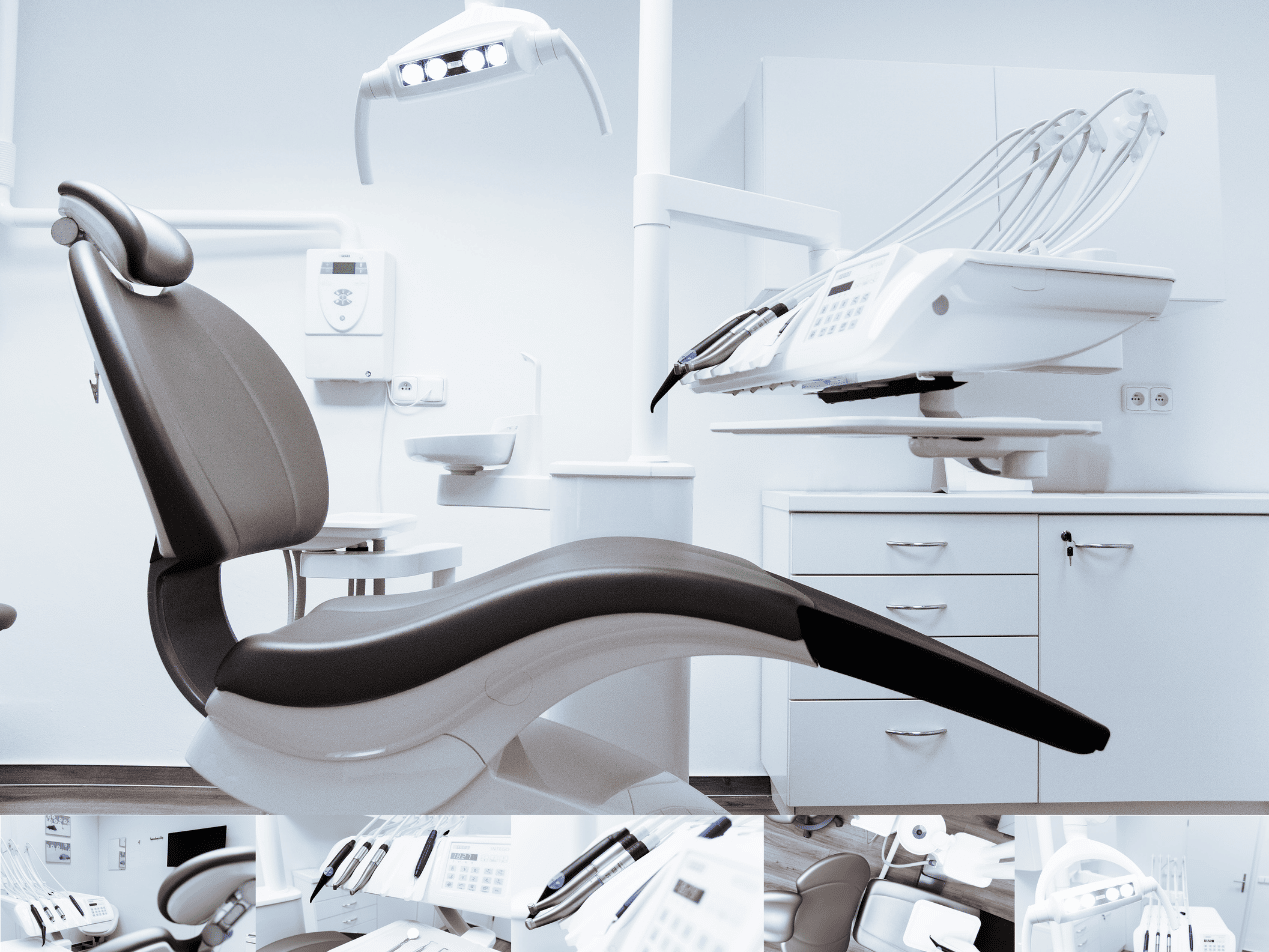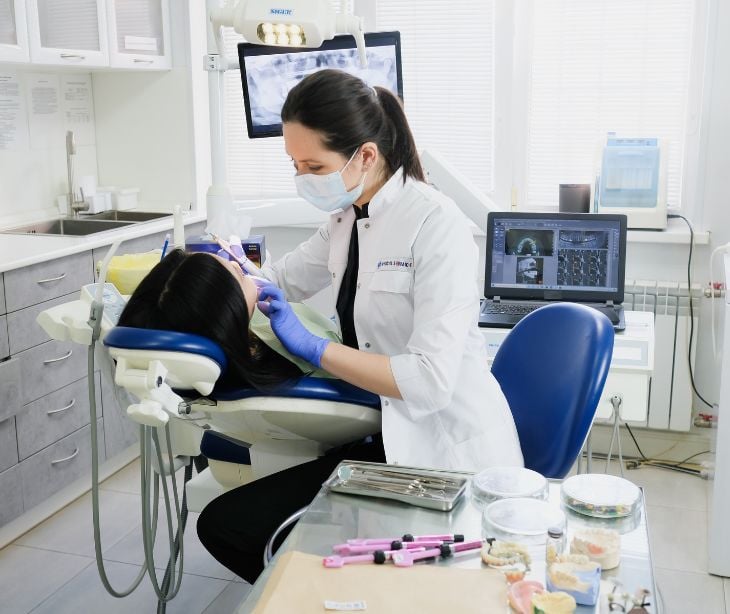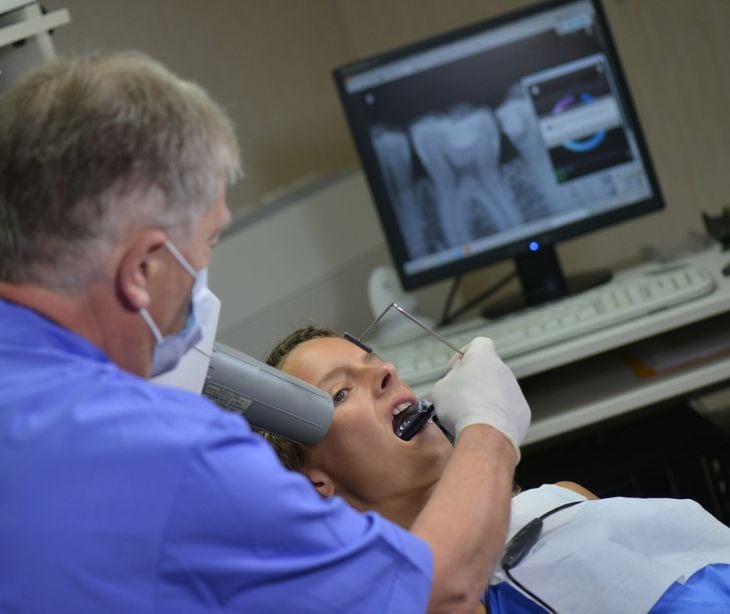
How does HIPAA apply to dentists?
Three HIPAA rules apply to covered entities , including dentists:
- The HIPAA Privacy Rule (2003).
- The HIPAA Security Rule (2005).
- The HIPAA Breach Notification Rule (2009).
The main areas covered by these rules are the storage, use, and disclosure of protected health information ( PHI ) such as name , treatment, and past procedures. The purpose of these rules is to prevent patient information from being inappropriately shared or breached. HIPAA rules for dental offices are the same as HIPAA rules for other medical professionals. Failure to comply with HIPAA falls under different tiers that determine the severity of the consequences. The tiers range from level one to level four, and they cover everything from unintended negligence to a deliberate violation. Violations can result in severe fines and continued auditing.
HIPAA solutions for dental offices
Your dental office should focus on client privacy and be prepared for a HIPAA audit at any moment. There are a few practical measures to take when following HIPAA compliance.
Emails
Emails within the organization can contain patient PHI as long as the staff uses encrypted software and a secure server. If the staff does not send HIPAA compliant email through a secure server, those emails should not have PHI. In general, dentists should not use emails to discuss patient data outside of the organization unless they follow security protocols to secure and encrypt all email accounts, even personal ones.
Text messages
Standard text messages are not HIPAA compliant. They should not include a patient's PHI, as their chance of being intercepted is high. To avoid text messaging problems, use encrypted messaging software to send messages with PHI to the patient directly.
Physical protocols
There are several physical procedures that can help protect the office's information. Ensure that the check-in and check-out process is secure and that no one can access a patient's paperwork unless they are a member of the office. Follow proper disposal procedures for paper documents and keep a shredder easily accessible. Finally, consider switching to a cloud-based system to avoid theft or damage to your hard drive.
Quality treatment at 209 NYC Dental
At 209 NYC Dental, we know how vital privacy is when it comes to dental care. Our services include Invisalign treatment for adults , dental implants, sleep apnea studies, and routine cleanings. We offer teledentistry options as well. Visit our site to learn more.
About the author
Guided by the belief that being a highly skilled specialist in a narrow field is better than being ordinary in everything, Dr. Kafko has grown 209 NYC Dental into one of the leading NYC multi-specialty dental practices that it is today. By having extensive cross-specialty training with decades of experience and striving to provide his patients with the most appropriate dental care, Dr. Kafko succeeded in becoming an excellent diagnostic dentist. His skills to triage the most comprehensive dental treatment that a patient may require are highly appreciated by patients and his colleagues.
Subscribe to Paubox Weekly
Every Friday we'll bring you the most important news from Paubox. Our aim is to make you smarter, faster.





